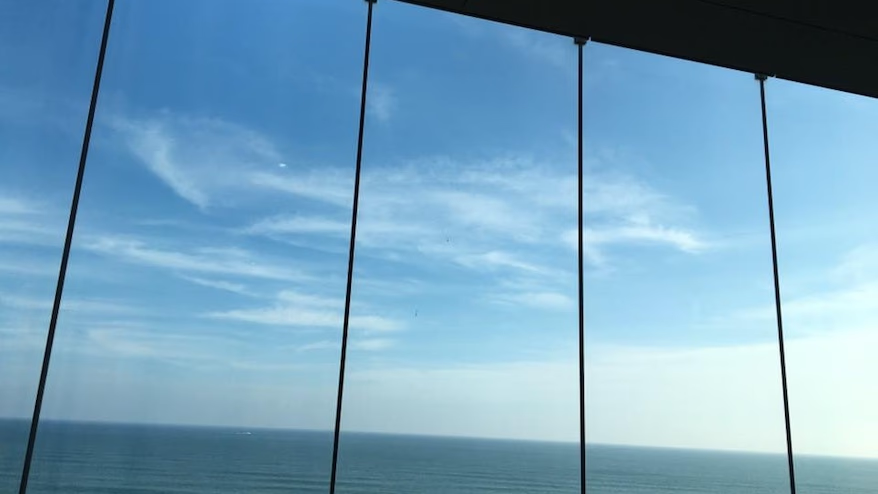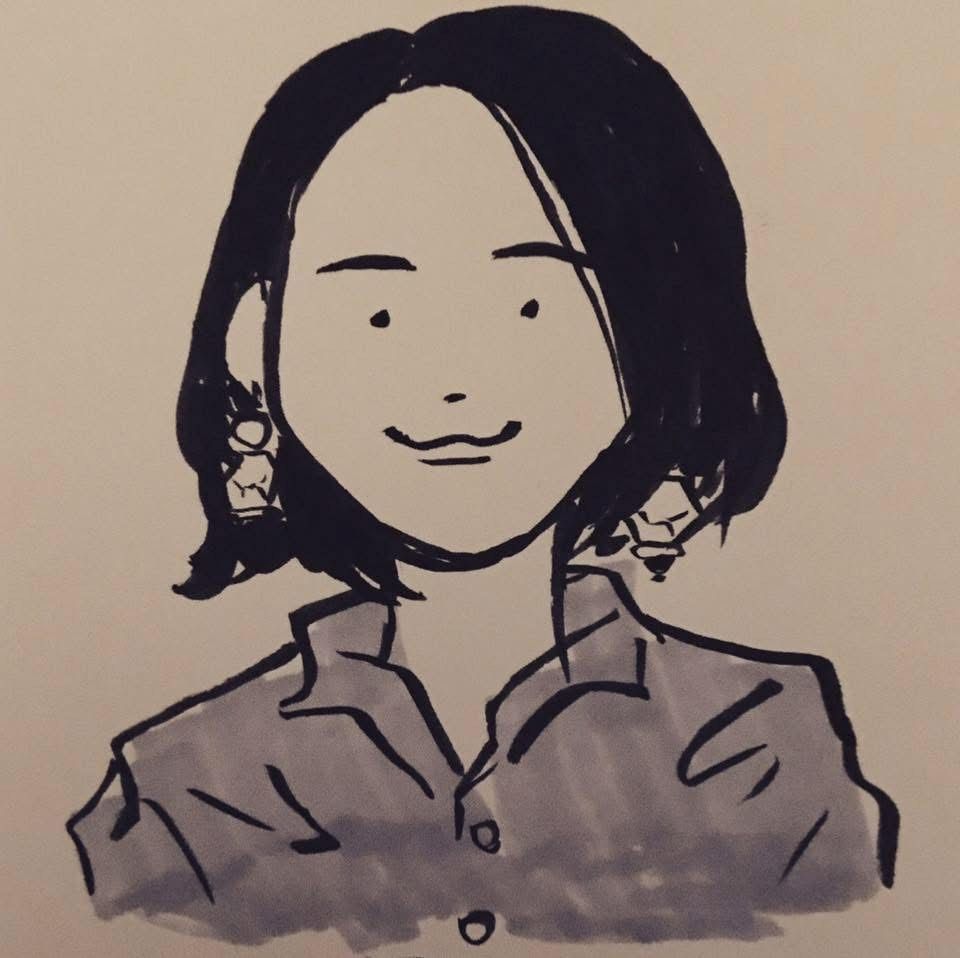こんにちは。プロデュース部 杉江です。
ものさすに入って、半年経ちました。早すぎて、あっという間です。
実は、ものさすでの仕事(クライアント先へ出向して、マーケティング活動に付随する業務に携わっています)とは別で、個人でいくつか関わらせてもらっていることがあります。そのうちの1つが茨城移住計画の活動のお手伝い。
よく「仕事+α」で動けるねー、と言われます。自分でも、なんでだろう?と思うものの、これといった具体的に言語化出来ずにもやもやしていた時に、この記事執筆のオファーを頂きました。せっかくの機会なので、言葉を紡ぎながら整理してみようと思います。
出身 / 地元どちらですか?の問いに対する、もやもや
父が転勤族だったため、生まれと育ちがバラバラです。生まれた場所は佐渡市(旧称:両津市、新潟県の佐渡島)、育った場所を順に追っていくと、新潟市 → 千葉市(市内で区が変わる引越しを2回?3回?) → 水戸市 → 千葉市(以前住んでいた区とは別のところ) 。社会人になってからは1人暮らしを始め、川崎市 → 東京23区内。
転勤族あるあるですが、引っ越しが多いと土地に対しての帰属意識が持ちにくいのです。「出身 / 地元」といった言葉が話題に上がると、何と答えたらいいのかしらと実はけっこう困惑します。なので、問いかけられる度に、迷いながらも【佐渡】と言っていました。理由は「身(体)が出た場所」という、私なりの解釈からです。ただ、里帰り出産した母の故郷のため、私自身は土地に対しての思い入れは、あまり深くなく…。なんともいえない、このちぐはぐ感に、もやもや。
そんな話を、とある飲みの場でもしていました。その時のメンバーは、小学校の同級生。親が転勤族で、小学校のタイミングで転入してきたという共通項があり、前述の土地の帰属意識についても、同様の感覚を持っていると。そんな流れで、改めて言葉の定義について調べてみることに。
すると、明確な定義はないものの、「出身地」に関しては、過去に国土交通省が「15歳まで育った中で最も長く住んだ場所」と定義して統計を取っていたことを知りました。これに基づくと、私の出身地は【水戸】ということになるそうです。小学校の途中から転入し、中学校卒業までいました。
最初は出身が水戸ということは、あまり腹落ちしていませんでした。いかんせん、身が出た場所では無いですし(笑)。 ただ、それまでは「住んだことがあるだけ」という、まるで地図を眺めるような感覚しか無かったはずのに、意識し始めてからは、なんてないことも、水戸での体験に紐づいて思い出されるようになりました。
記憶の中の水戸、今の水戸
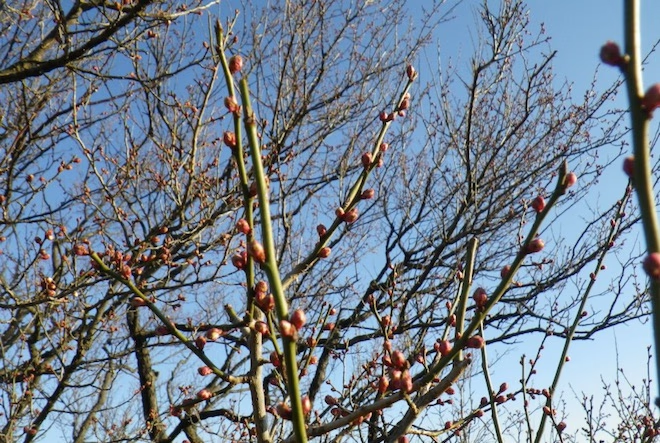
偕楽園の梅。この時は、まだ蕾でした。
春は、桜よりも偕楽園の梅だったよなー、とか。
夏は、千波湖の花火大会に行ったなー、とか。
秋は、いもがら(里芋の茎を干したもの)の炒め煮が食卓によく上がったなー、とか。
冬は、通学路の途中に氷が張っているのが普通だったなー、とか。
親戚のおさがりの服ばかり着るのが嫌で、何とかして自分の好みにあう服を手に入れたいがために、水戸芸術館のフリマに行ったなー、とか。
水戸駅前にいく行為を、なぜか「街に行く」と言っていたなー、とか。(街ってなんだ)
季節の折に感じること。
服を買うという行為。
出かけるという表現の仕方。
たった一言で済んでしまうようなことが、こんな風に捉えられるようになるのは、なんだか不思議な気持ちでした。とはいえ、日常生活は南関東が主な日々。時たま催される同窓会に足を運ぶ以外で茨城県を訪れることは、ほぼ皆無でした。
そんなこんなで水戸を離れてから10数年経った、2017年の春。気になっていた建築家さんの展示が水戸芸術館で催されることを知ります。これまでも、気になる展示はいくつもあったのですが、その建築家さんのことを気になっている関西在住の友人が東京に来るタイミングが重なったこともあり、久しぶりに車で行くことに。目的が同窓会以外だったのは、引っ越した後では初めてのことでした。
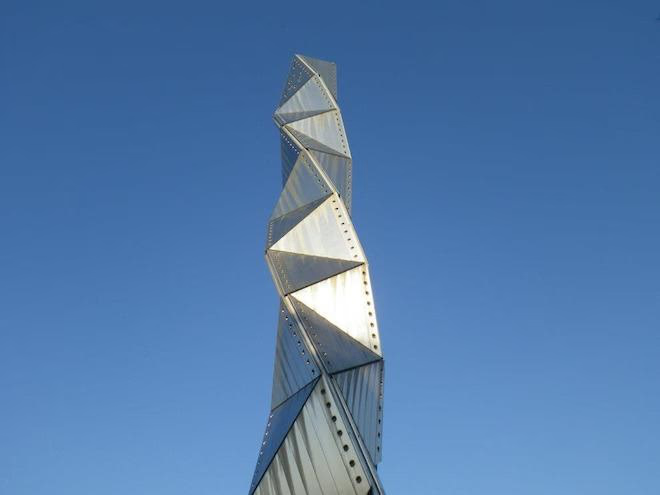
水戸芸術館のタワー。このカクカクをこのサイズ感で仰ぐと、水戸の市街地にいることを実感します
水戸芸術館自体は、住んでいた頃によく行っていた時の記憶のまま。特徴的なシンボリックタワーの佇まい。施設の中のパイプオルガンを囲む重厚だけど穏やかな空気感。外の開放的な広場。
ただ、芸術館の周りはガラリと変わっていました。行った当日は週末だったにも変わらず、人通りがほぼない状態。近くにあった百貨店が移転してしまったことも要因としてあるのかもしれないですが、とにかく閑散としていました。また、水戸駅から芸術館までの道路を行き交う車の量の激減っぷりにも驚きました。
開いているお店が少なすぎて、シャッター商店街とはこのことかと。
(いやいや、こんな街並みじゃなかったはず)
自分の記憶が美化されすぎているのだろうか。
(いやいや、あれから10年以上も経って入れば、これが普通なのかな…)
住んでいたはずの街なのに、初めて来たような疎外感すら覚えました。まさかこんな気持ちに陥るとは思ってもいなくて、それが心の片隅にずっといるようになりました。
水戸 ==> 茨城について考えるようになった
その年の秋、元々の知人であった鈴木 高祥さん が、茨城移住計画という活動を始めたことを知ります。きっかけはFacebook で「ローカルデザインの事例と手法は、茨城にどうハマる?」というイベントでした。
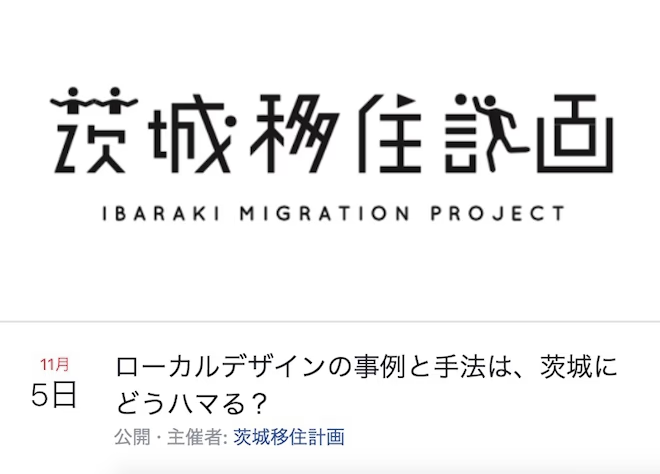
詳細を見ると「さびれてきた…、潰れた…などなどネガティブな風の噂を聞くことが多いような気がしていませんか?」という文言が、芸術館に行った時の気持ちとすごくリンクしたこともあり、参加することに。
イベントではたしか、全国の魅力度ランキングで5年連続最下位を記録したという話が出て、衝撃を受けた気がします。(株式会社ブランド総合研究所が発表する、地域ブランド調査のこと。この記事を書いている真っ只中に、2018年度版が発表され、なんと6年連続最下位と記録更新したそうです。笑) 上位をとれるとは毛頭思ってもいないですが、まさか最下位だなんて…。
このイベントが、茨城の魅力ってなんだろうと改めて考え直す、一番最初のきっかけになりました。
その日は茨城移住計画のメンバー募集告知も行われていましたが、話を聞くだけのつもりで行ったので、メンバーになるという発想は皆無でした。ちょうど前の仕事を辞めた直後で、感覚や衝動に委ねて、いろんなところに足を運んで居たうちの1つに過ぎなかったのです。
ただ、それまでやってきた仕事(広告・マーケティング関連)について、なんでやってきたんだっけ?と、改めて問いかけ直していたタイミングでもありました。遡ると、学生時代に関わったNGO 活動の経験から「自分が素敵だなと思う、こと / ものが、然るべき範囲に正しく認知されるまでのプロセスに寄り添いたい」という欲求が根源にあったのを思い出すと同時に、ふと我にかえって、はっとしました。
そこから、「何ができるかは分からないけど、何か貢献出来たらいいな」という漠然とした気持ちが湧いたこともあり、鈴木さんに相談しつつ、まずは関わってみるところから、始めることを決めました。
こうして振り返ってみると、茨城移住計画に関わり始めた当初は無職だったんだ!と思い出しました。無職ゆえ(?)の怖いもの知らずな飛び込み感。割と、衝動で動く人間なのだな〜と、他人事のように自分の過去を眺めている時は、すごく不思議な気持ちになります。文章に書き留めるという行為の面白さでもあります。はい。
その翌年ものさす入社に至るのですが、後編では、仕事をしながらの関わり方や、今どんなことをしているのかについて紹介したいと思います。
